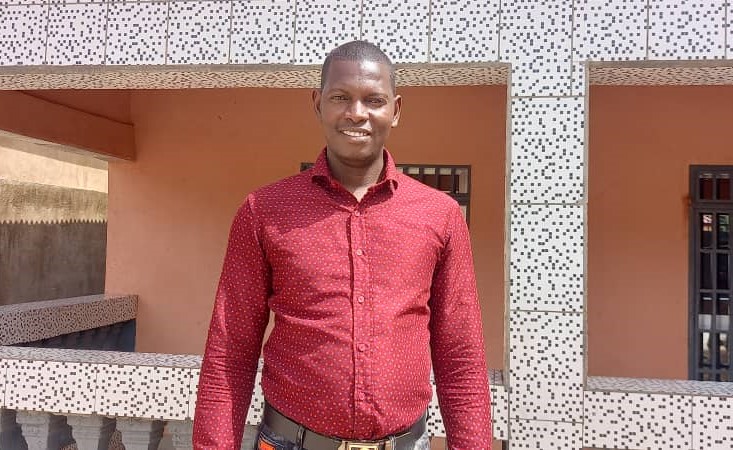Dakar, June 28, 2022 — Guinean authorities should drop any ongoing investigation into journalist Mamadou Sagnane and ensure that the press can work freely, the Committee to Protect Journalists said Tuesday.
On June 15, police in the north-central town of Dinguiraye summoned Sagnane, a reporter with the community broadcaster Dinguiraye Rural Radio, according to the journalist, who spoke to CPJ by phone, and a statement by the local journalist association Presse Solidaire.
Police held Sagnane at the Dinguiraye Court of First Instance, seized his phone, and refused to let him contact anyone while they questioned him about a broadcast he aired on June 8, according to those sources. After about six hours, authorities released Sagnane and told him to go home, saying they would contact him “as soon as they needed me,” the journalist said.
“Guinean journalist Mamadou Sagnane should not have been detained over his work, and authorities must ensure he does not face legal repercussions for doing his job,” said Angela Quintal, CPJ’s Africa program coordinator, in Johannesburg, South Africa. “Journalists in Guinea should be able to distribute news of public interest without fear.”
In that June 8 broadcast, Sagnane told CPJ that he read a press release calling for a rally over the recent killing of a young man at a gendarmerie roadblock. When police asked Sagnane why he read that press release, he said that a local association had sent it to the director of Dinguiraye Rural Radio, who saw that it contained no calls for violence and then asked him to read it on-air.
He said he referred the officers to the station’s director for further questions.
The rally mentioned in the press release did not take place as scheduled on June 9, but protesters angered over the killing attacked a local gendarmerie office and police station, according to Sagnane and news reports. Sagnane said that the police alleged that those attacks were linked to his airing of the press release, even though it did not call for such actions.
Dinguiraye government representative Karamoko Oumar Boké Camara told CPJ via messaging app that he said he could comment on the case because he did not have permission from his superiors. CPJ called the Guinean judicial police and contacted them via messaging app for comment, but did not receive any replies.
